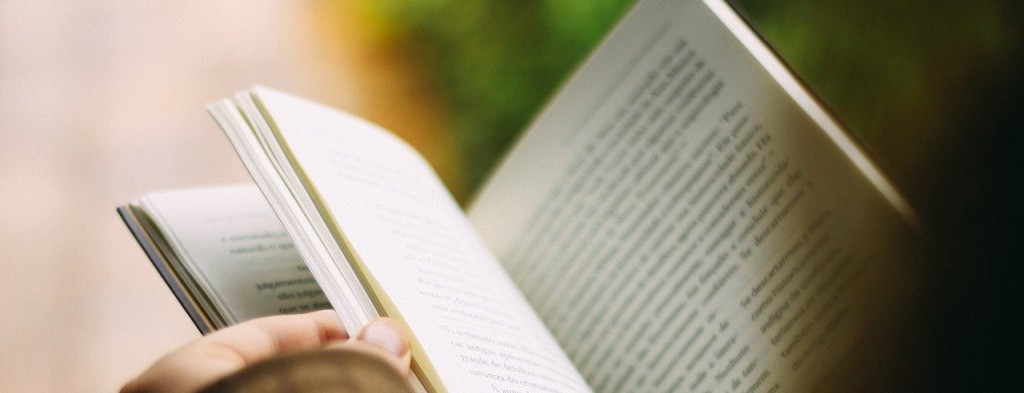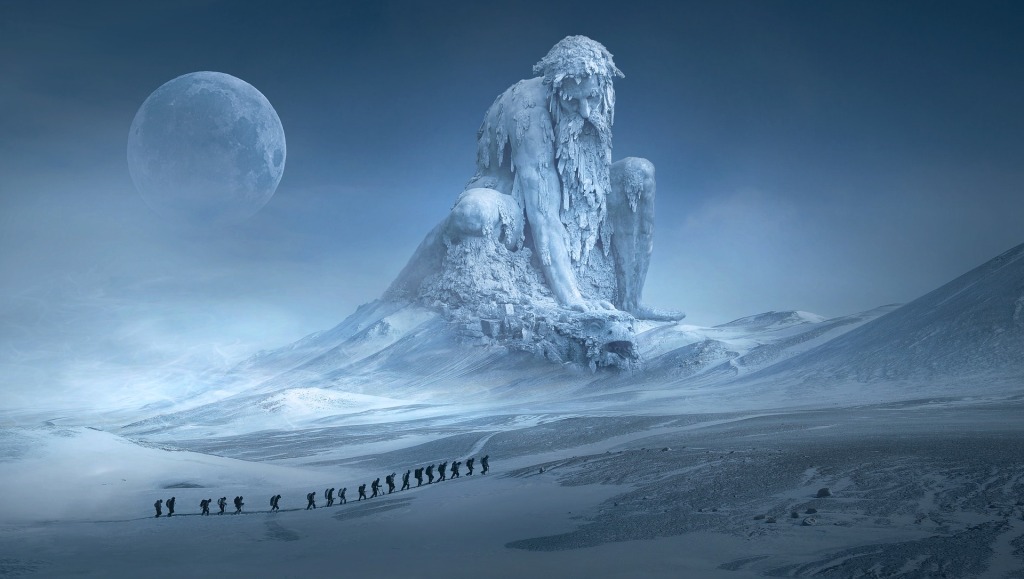Spring is my favourite season, and this month we have the perfect topic to discuss in our authors’ Round Robin;

Does the season ever play a part in your setting? How do you think seasons affect setting and plot, either physically or metaphorically?
The seasons definitely play a part in my own novels, but before I say how, here are four examples of how they are used to brilliant effect by classic writers.
Spring

In C.S. Lewis’s The Lion, the Witch and the Wardrobe, Mr Tumnus, the faun, says:
‘It is winter in Narnia and has been for ever so long… always winter, but never Christmas.’
Winter here is symbolic of the power of evil and the witch’s reign. I still remember reading this book as a child and the children’s wonder at the end, when the snow finally begins to melt and the first green shoots appear. Good has prevailed and spring comes to Narnia at last!
Summer
For summer I’ve chosen Shakespeare’s Sonnet 18, one of my favourite poems.

Shall I compare thee to a summer’s day?
Thou art more lovely and more temperate.
Rough winds do shake the darling buds of May,
And summer’s lease hath all too short a date.
Sometime too hot the eye of heaven shines,
And often is his gold complexion dimmed;
And every fair from fair sometime declines,
By chance, or nature’s changing course, untrimmed;
But thy eternal summer shall not fade,
Nor lose possession of that fair thou ow’st,
Nor shall death brag thou wand’rest in his shade,
When in eternal lines to Time thou grow’st.
So long as men can breathe, or eyes can see,
So long lives this, and this gives life to thee.
The final line of this poem always moves me. Shakespeare’s love is greater even than a perfect summer’s day, which is ‘all too short’. So long as men can breathe, his loved one will continue to live within the lines of the poem he has written for her.
Autumn

The seasons play a major role in F. Scott Fitzgerald’s The Great Gatsby. It’s spring at the beginning of the novel, and Nick Caraway is at ease with the wealthy people he meets, describing one scene as ‘warm and soft, almost pastoral’. As summer progresses, the heat intensifies and tensions start to rise.
Gatsby dies in the swimming pool in the first few days of autumn. The gardener had wanted to drain the pool, because he was worried about it filling with falling leaves.
By the time autumn is under way, Nick’s warmth of feeling has begun to die away, and his dreams wither. Disillusion and cynicism have set in.
Winter

Just as in the Narnia stories, Dickens uses winter to symbolise bad things in his A Christmas Carol. Here’s how he describes Ebenezer Scrooge:
‘The cold within him froze his own features, nipped his pointed nose, shrivelled his cheek, stiffened his gait… A frosty rime was on his head, and on his eyebrows, and on his wiry chin. He carried his own low temperature always about with him; he iced his office in the dog-days; and didn’t thaw it one degree at Christmas.’
I love the idea of Scrooge’s office being permanently chilly, even in the summer. (I once had a boss like that :) )
*
Winter also means Christmas, and I love the build up to Christmas Day. Even though it’s only spring now, I’m working on a Christmas story for the sequel to our anthology Miss Moonshine’s Emporium of Happy Endings. It’s a story about how arguments are forgotten and the most unlikely people come together. Winter can be a time of hope, just as much as spring.
I’ve written a post previously on pathetic fallacy, and how I love using the weather and the seasons as  symbols in my own writing.
symbols in my own writing.
My novel Felicity at the Cross Hotel is set in the Lake District, where the weather is notoriously fickle. Patrick’s best friend dies on the day of a freak storm, and his life is changed forever. The novel begins with Felicity’s arrival in the Lakes, and the first line is symbolic: ‘At last it had stopped raining.’ Her arrival signals a new start for Patrick and his hotel.
In Penny’s Antique Shop of Memories and Treasures, Penny and Kurt are both in a metaphorical winter in their own ways. When they take a walk together London’s Richmond Park, the first crocuses are out. Spring is on its way for them both!
And it’s not just with the seasons that I enjoy playing with symbolism. The name Felicity is symbolic, and so is the ‘Cross’ Hotel, which is a place of unhappiness until Felicity arrives. Kurt is Kurt by name and curt by nature.
And so you see, a topic on symbolism and metaphor is right up my street! I’ve very much enjoyed this month’s Round Robin, which was organised by author Robin Courtright.
***
Do you have any favourite examples of how the seasons are used in films or literature? If so, I’d love to hear them!
And if you’d like to read the other authors’ take on this topic, please click on the links below.
Skye Taylor http://www.skye-writer.com/blogging_by_the_sea
Victoria Chatham http://www.victoriachatham.com
Diane Bator http://dbator.blogspot.ca/
Judith Copek http://lynx-sis.blogspot.com/
Beverley Bateman http://beverleybateman.blogspot.ca/
Connie Vines http://mizging.blogspot.com/
Dr Bob Rich https://wp.me/p3Xihq-1A3
Rhobin L Courtright http://www.rhobincourtright.com


Leave a Reply